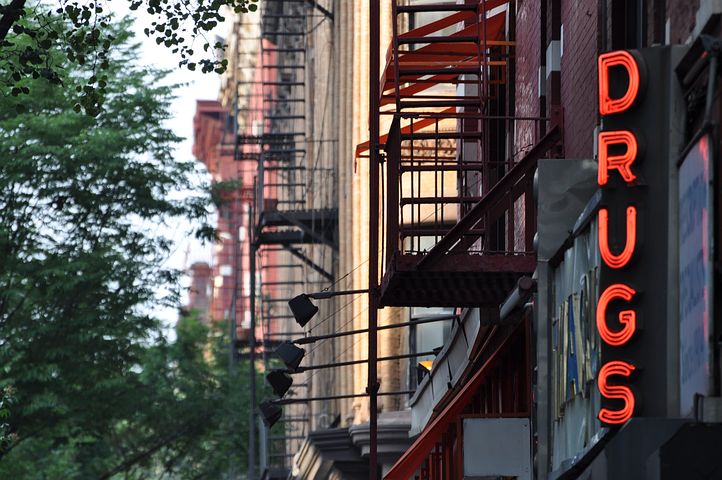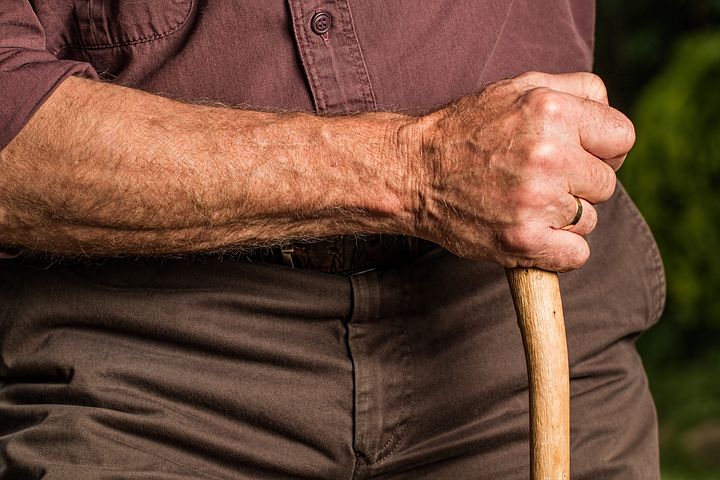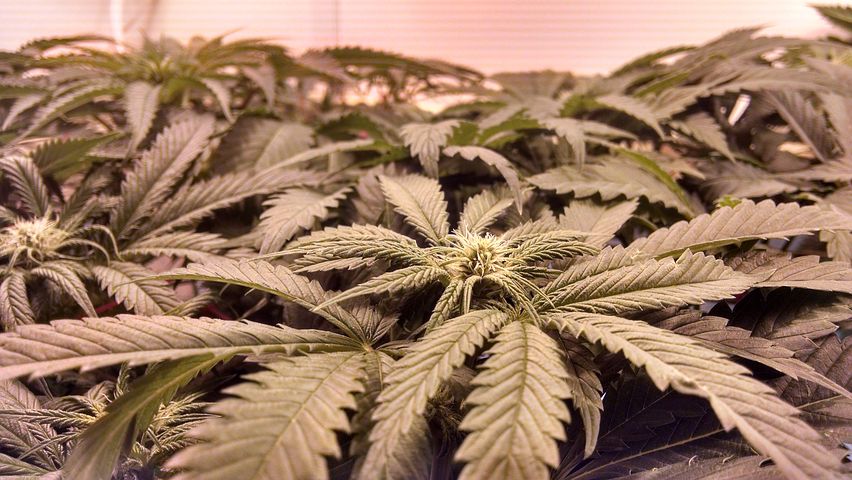In the past century, marijuana has gone from a legal and ubiquitous crop to an illegal substance to a decriminalized one. From there, it has once again become legal, first for medical use and now for recreational use in California through Proposition 64. So with things changing so quickly, is everyone happy?
The short answer is no. Rapid change often brings about resistance. Only time can tell whether this resistance is a knee-jerk response to change or something triggered by fundamental beliefs. In this article, we will be figuring out whether everyone is happy about legalizing marijuana.
If you haven’t already, be sure to buy your medical marijuana card online. Let’s get into it!
On Nov. 9, 2016, the Adult Use of Marijuana Act, also known as Proposition 64, became law with an approval rate of 57 percent. This initiative was set in place to legalize the adult use of cannabis in California. For many people who had been fighting the war on drugs, the 9th of November was marked as a monumental victory.
But what about the 43 percent who voted against legalizing marijuana? Are they happy? Do they want to prohibit the use of cannabis across the board? Well, the surface level answer to the first question is no and to the second question is yes, but let’s dig a little deeper and see if we can discover if that really is the case, and if so, why.
Cannabis was first labeled as a poison in 1906, and following many subsequent restrictions, it became prohibited across America by the mid-1930s. To say that state law has some impact on its people’s opinions and ideals is a huge understatement. Although many people continued to grow and use marijuana after it was made illegal, it became progressively more denigrated, and its users were looked at with disdain. Gangs ceased the opportunity to make money off of what the government refused to, so the buying and selling of marijuana were further sullied.
Of those between 18 and 34 years old, 71 percent are in favor of legal marijuana. Compare this with the 35 percent of senior citizens age 65 and older in favor of legalization. Those over 65 would have been born in 1951 or earlier, so for their entire lives, marijuana would have been illegal and controlled by gangs. Gangs bring about violence and poor-quality drugs. This certainly would have negatively impacted cannabis’s public standing.
Also, there were far fewer studies showing the medical efficacy of the drug in the early and mid-20th century and far more media outlets reporting on its supposed dangers. All of this would have has quite the formative effect on people’s opinions. This group accounts for the vast majority of people who voted no on Proposition 64.
Certainly, some of those who voted no see the many benefits of marijuana — both medicinally and fiscally — but they fear that legalization may be one step too far. They may be happy with the decriminalization and medical use of marijuana, but they also believe having no control over who buys or sells marijuana has its drawbacks. Whether they remain discontent about the result will depend on the outcome of the legislation.
When they see a reduction in opioid abuse and overdose and see that the percentage of the population who uses cannabis remains steady regardless of how the law views the drug — both have been shown consistently in other states that legalize marijuana for recreational use — they are likely to be convinced.
If they see the government able to help those who require rehabilitation after addiction to cannabis and if they can keep mental illness levels at least on par with what they have been in previous years, then we cannot see why anyone wouldn’t be supportive. The data is fairly conclusive in stating that the legalization of marijuana does not increase usage and allows those who need help to receive it without judgment. It also proves incredibly profitable for the government, which in turn allows for more funding for education, emergency services, health care and transportation.
At this point, you should have a fair idea about how Californian’s feel about legalizing marijuana. It has been almost a century since the criminalization of marijuana, so Proposition 64 is an important point in history regardless of where any one person stands. If you think back to the Prohibition era, you’ll remember that even alcohol was at one point illegal in America. Now, it is as ubiquitous as soda and has garnered the acceptance of the general public to the point where you are judged more for not drinking than you are for drinking! We believe this is where things are headed for marijuana. Change is slow, but things are moving in the right direction. Marijuana won’t be legalized in California until 2018, so if you want marijuana beforehand, you’ll need a medical marijuana card. So get your medical marijuana card online today!



